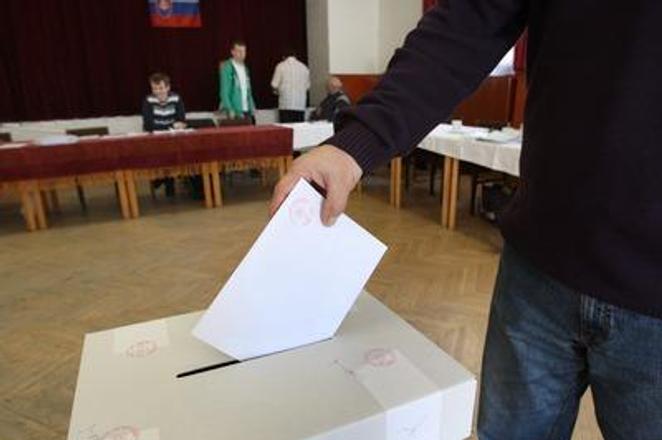Corruption is a problem in Central and Eastern Europe generally and Slovakia specifically. But, as inopportune a time it is to make this argument right now, it’s probably not as big a problem as you think.
In the EU’s final 2017 Eurobarometer survey, 84 percent of Czechs thought corruption was widespread in their country. At the same time, just 19 percent think it impacts daily life and only 13 percent consider themselves a victim of corruption in the past year. In Austria, where about the same amount of people (18 percent) think it impacts their daily life and more (15 percent) consider them victims, just 50 percent of people think corruption is widespread. In short, even with the about the same amount of direct experience of corruption Czechs believe it to be occurring more frequently.



 Illustrative stock photo (source: Sme)
Illustrative stock photo (source: Sme)